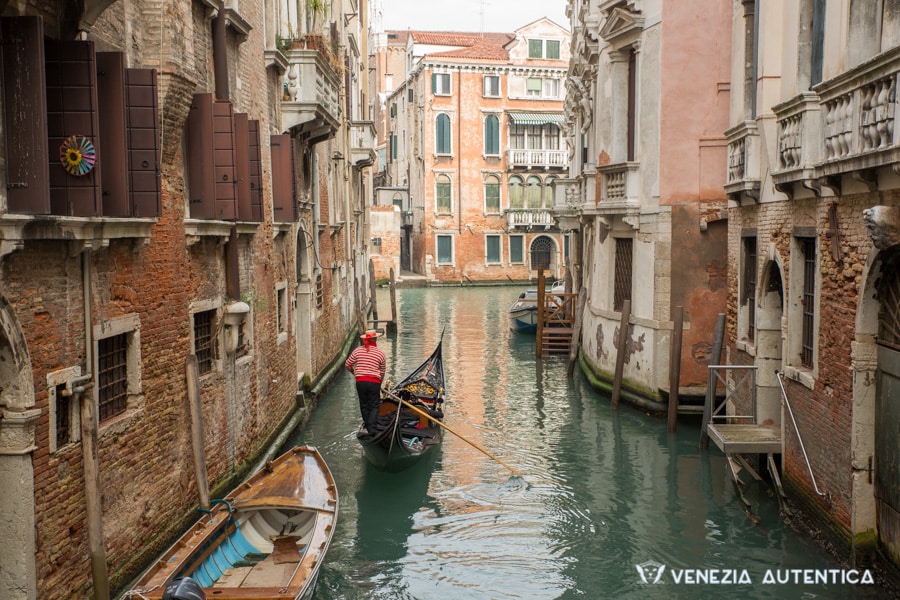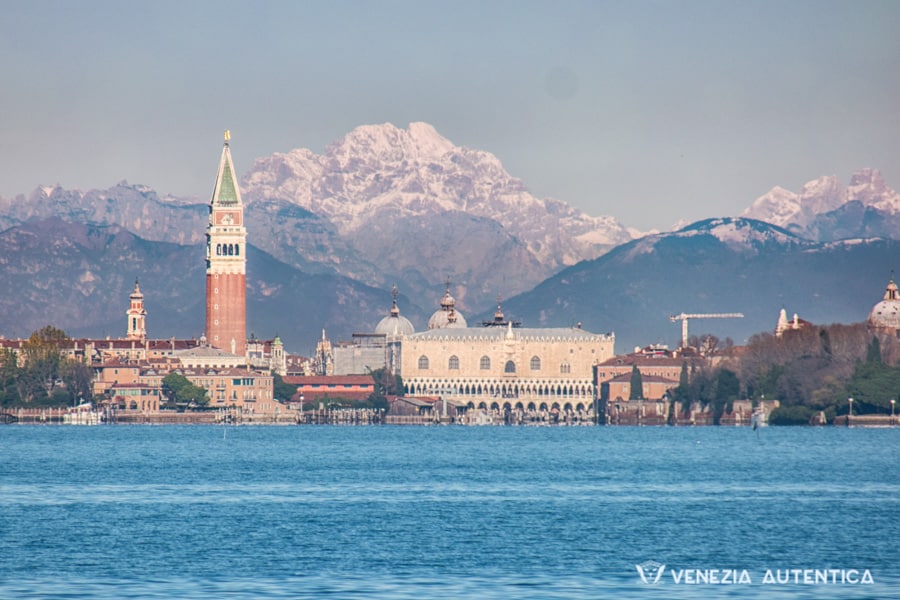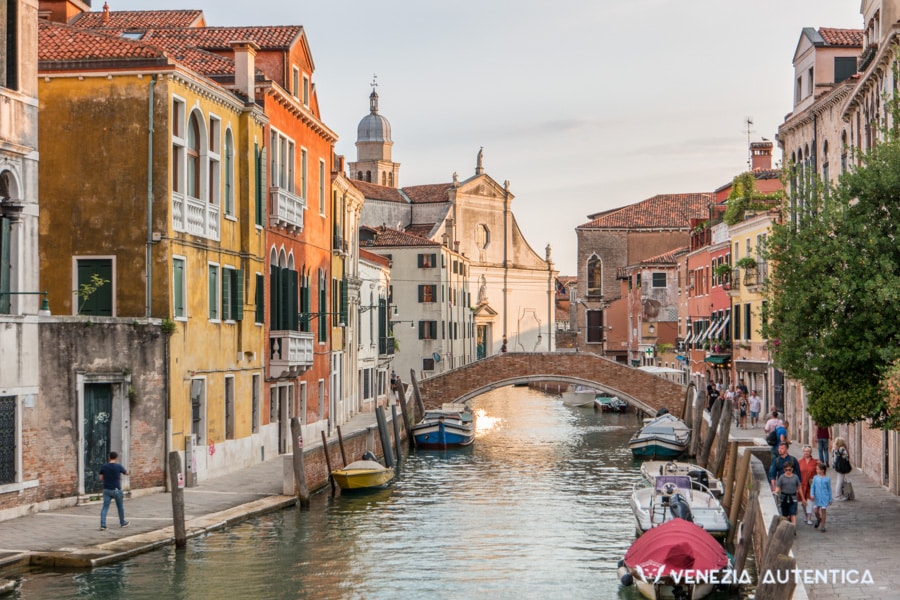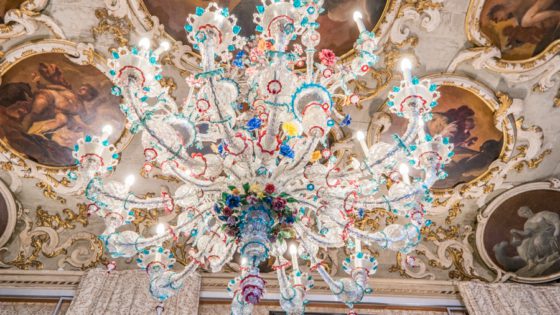Giuseppe Jona, a great man
Born in a Jewish Venetian family on the 28th of October 1866, Giuseppe Jona graduated with full marks in Medicine at the prestigious Padova University in 1892.
His career as a brilliant doctor immediately took off and soon Giuseppe became Head of his department at the Venice Civil Hospital.
His dedication to medicine and to others did not go unnoticed:
In 1917, his crucial help in military hospitals during World War I brought the Italian State to reward him for his work, defining him as an “enthusiastic patriot of unwavering faith”.
Soon after, in 1921, Giuseppe was nominated President of the prestigious Ateneo Veneto, which pursues and promotes culture and knowledge
However, after 40 years of work and public service something suddenly changed:
with the introduction of racist laws of the Fascist regime in 1938, Giuseppe Jona and all jews became outcasts, to be despised, avoided, and discriminated against.
Even worse, in 1940 Giuseppe Jona was cancelled from the register of doctors and was barred from the profession solely for being Jewish.
However, Giuseppe did not let a regime stop him from being of help and a reference for others:
despite being non-practising, in 1940 Giuseppe accepted to become the President of the Jewish community of Venice and guide its people in such hard, disturbing, and dangerous times.
And in this role during such dark times, this great man became a hero.
The greatest hero in the history of Venice.
When a great man became a hero
When the armistice between Italy and the Allies came into effect on the 8 of September 1943, Nazi troops in Italy became occupant forces and rapidly intensified the deportation of Jews to concentration and extermination camps.
Immediately, occupying forces ordered Giuseppe to hand over a list with the names of over 1300 Jews that were still in Venice.
Giuseppe, naturally, had no intention to comply and betray the people he had come to guide.
However, he was also aware that he could be tortured brutally until he’d confess all the names and addresses of the people he swore to guide and protect.
The Nazi troops occupying Venice gave Giuseppe Jona only a couple of days time to gather the documents and hand them over to them. Else, they would be coming for him and everyone else, regardless.
After writing his will and giving all his belongings to charities, Giuseppe destroyed every document that could lead to Jews living in Venice.
Now, only one last trace was left and had to be erased: on the 17 of September 1943, Giuseppe Jona killed himself.
Raids and searches by occupant forces looking for Jews continued, but 1100 people out of 1350 were never found.
Giuseppe Jona, a man that had dedicated his life to others, a man whose mission had been to save and respect lives, took his own to save that of over 1100 people he swore to guide and protect.
This is the story of Giuseppe Jona, a man and a hero.
But let us never forget:
this is the story of just one man, one of the over 6 million men, women, and children that were killed during the Holocaust.
We must remember, always
Today, the sacrifice of Giuseppe Jona is remembered by a memorial plaque in the Jewish Ghetto of Venice.
Related: The Jewish Ghetto in Venice
Giuseppe Jona's Plaque in the Jewish Ghetto
Illustrious clinician
master of rightness and goodness
in the very sad hour of persecution
he held up the community of Venice
with high sense of dignity
and he poured in the treasures
of his great soul
__ __
to the ruin of Italy
to the new martyrdom of Israel
he couldn’t survive
I'm visiting Venice. Why should I follow your recommendations?
The way you visit Venice has an impact both on the quality of your experience and on Venice itself. Chilling, exploring, shopping, eating and drinking where the locals do, can make a huge impact both on the memories you bring home and on the local economy and community.
Home >> Visiting Venice >> Tips and Inspiration >> You’re Here
Tips and Inspiration to experience Venice
More in Visiting Venice







![Everything about the amazing Grand Canal in Venice, Italy [ARTICLE + 360° VIDEO] - venice hero - Venezia Autentica | Discover and Support the Authentic Venice Grand Canal in Venice](https://veneziaautentica.com/wp-content/uploads/2016/10/Grand-Canal-Venice-560x315.jpg)
![Saint Mark's in Venice: introduction to its amazing Landmarks [Article + 360° VIDEO] - venice hero - Venezia Autentica | Discover and Support the Authentic Venice Area Marciana, or Saint Mark's Area, in Venice, Italy](https://veneziaautentica.com/wp-content/uploads/2016/11/SAM1911-560x315.jpg)